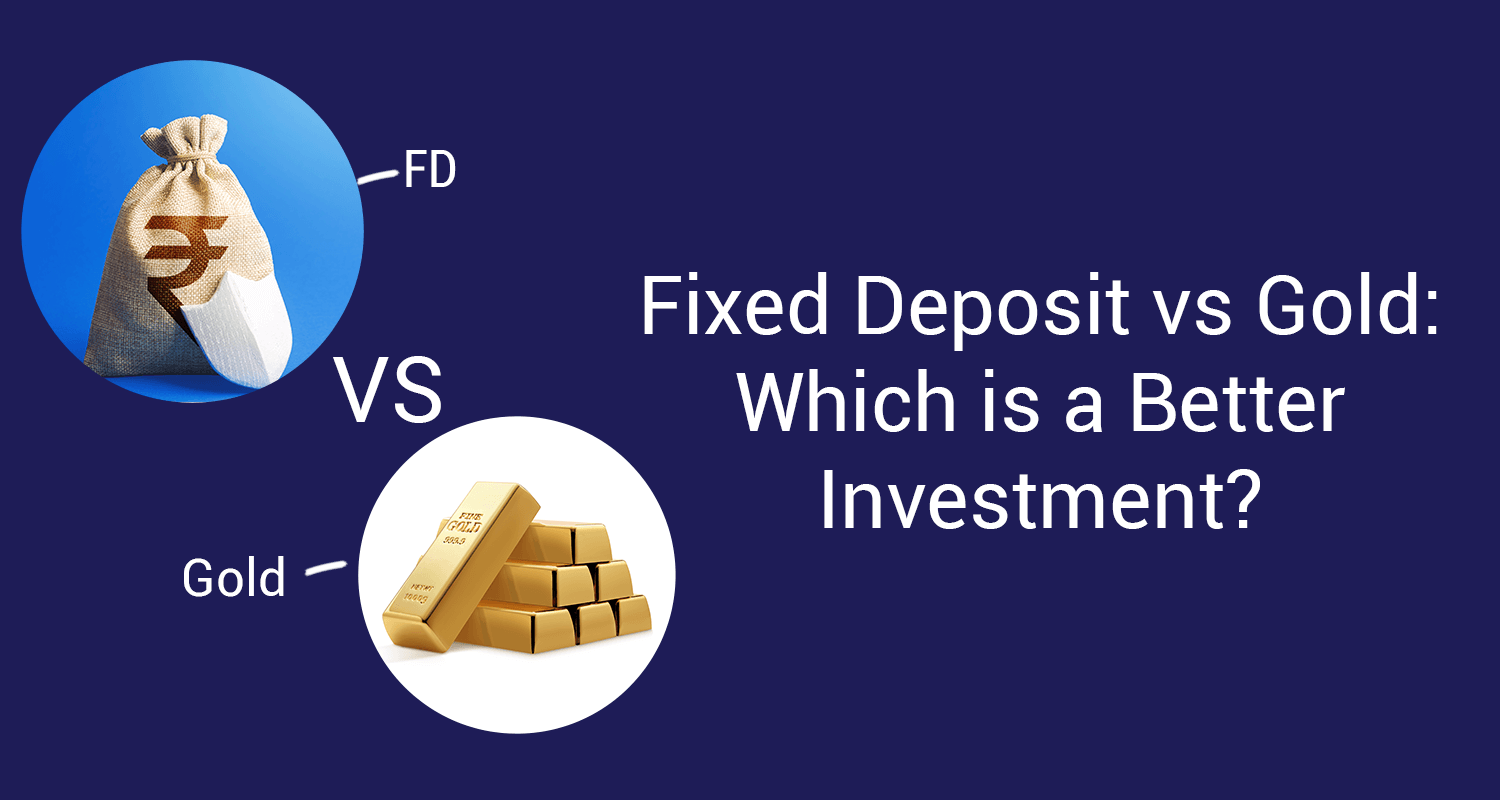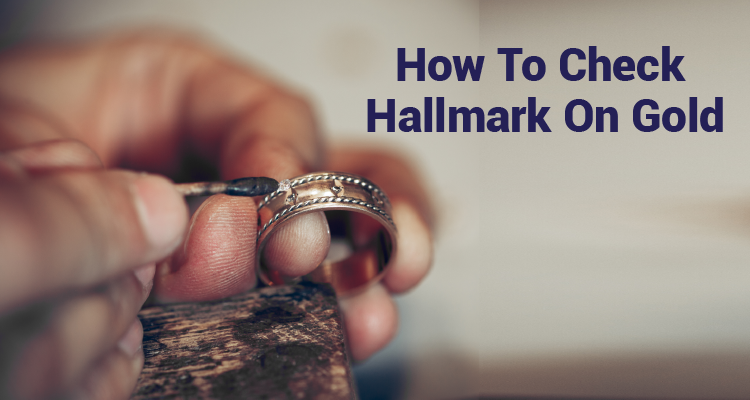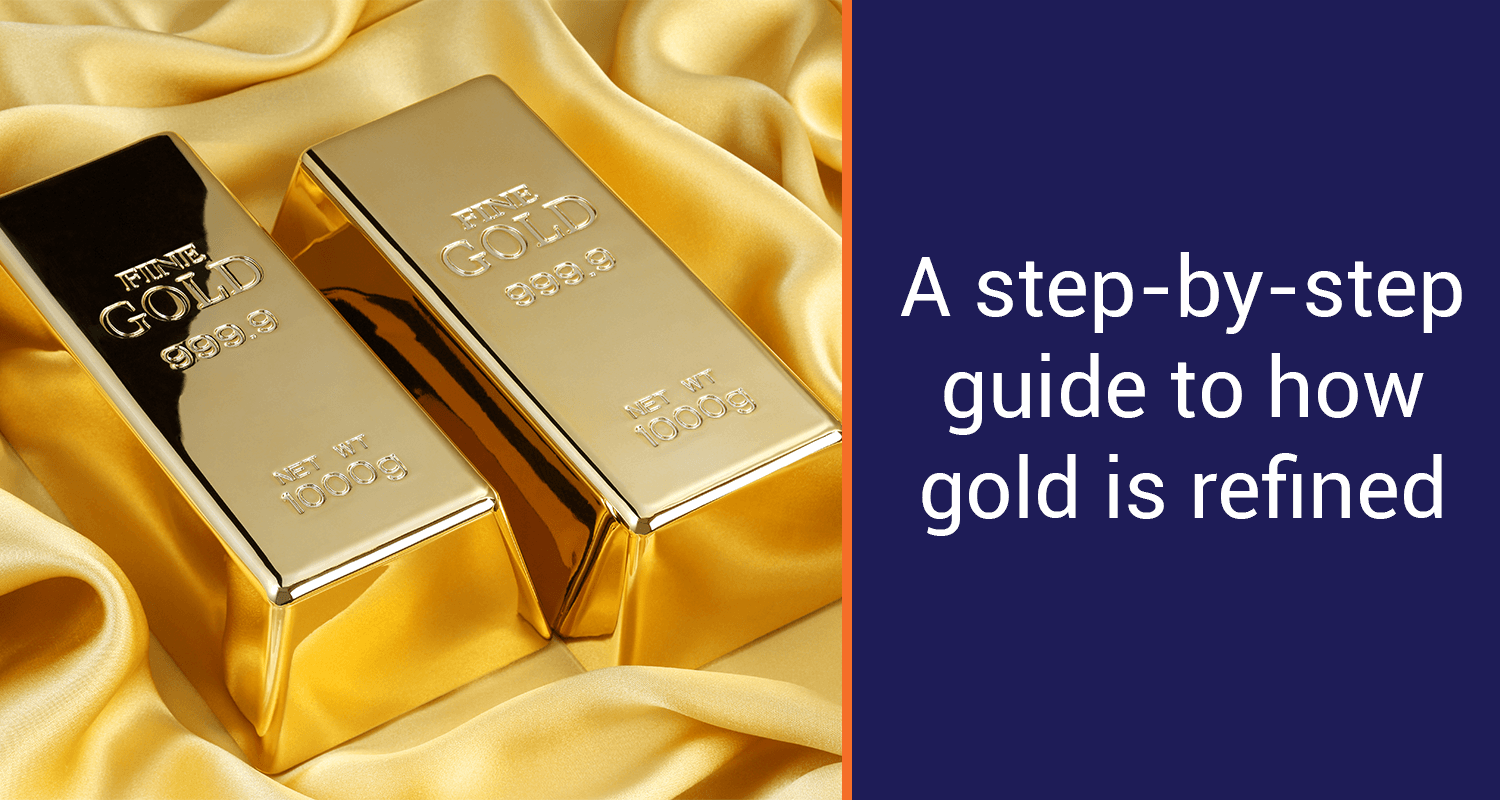Gold vs Fixed Deposit: What is The Safer Investment Option to Pick?

Ever wondered if fixed gold or FDs (Fixed Deposits) are a better investment? We often face this question, especially around festive times. Both FDs and gold are popular choices, offering security and potential growth. But what's the right pick for you? This blog aims to highlight both the advantages and disadvantages of each option, paving the way for a more straightforward journey toward attaining financial success!
Gold: A Cultural and Practical Investment
Gold has always held a special place in Indian culture. It is considered an auspicious gift during festivals and is often seen as a symbol of prosperity. It's both a treasured tradition and a way to grow money. This goes beyond its cultural importance – gold as an investment can be a smarter choice too.
Advantages of Investing in Gold
- Low Risk: Gold is a relatively low-risk investment. Its price has a long history of rising over time, making it a good option for wealth preservation.
- Hedge Against Inflation: Gold can be considered a safeguard against inflation. As the cost of goods and services increases, the value of gold tends to rise accordingly, thereby preserving your ability to purchase over the long term.
- Liquidity: Gold represents a readily convertible asset with high liquidity. It can be conveniently purchased and sold through a variety of channels, including jewellers, banks, and online marketplaces.
Disadvantages of Investing in Gold
- Lower Returns Compared to Other Assets: While gold prices tend to rise over time, they may not always keep pace with other asset classes, such as stocks or real estate.
- Storage Costs: Storing physical gold can be expensive and inconvenient. You may need to pay for a safe deposit box or hire a security service.
- Making Charges: When you buy or sell gold, you may be charged making charges by the jeweler or marketplace.
Fixed Deposits: A Safe and Guaranteed Option
Fixed deposits (FDs) are a type of bank account that offers a guaranteed rate of return on your investment. When you open an FD, you deposit a certain amount of money for a fixed period. At the end of the term, you receive your principal amount plus the interest earned.
Advantages of Investing in Fixed Deposits
- Guaranteed Returns: FDs offer guaranteed returns, which can be attractive to;
- risk-averse investors. You know exactly how much money you will earn on your investment.
- Safe and Secure: FDs are a safe and secure investment option. They are insured by the government up to a certain limit, protecting your investment in case of bank failure.
- Liquidity: While FDs are not as liquid as gold, you can usually withdraw your money before the maturity date by paying a penalty.
Disadvantages of Investing in Fixed Deposits
- Lower Returns Than Other Assets: Fixed deposits (FDs) generally provide lower returns compared to alternative asset classes like stocks or real estate.
- Interest Rates May Not Keep Pace with Inflation: The interest rate on FDs may not always keep pace with inflation. This means that the purchasing power of your investment may decline over time.
- Early Withdrawal Penalty: If you withdraw your money from an FD before the maturity date, you will typically pay a penalty.
Get Gold Loan at the comfort of your home
Apply NowGold vs Fixed Deposit: Which is Right for You?
The discussion on gold vs FD - Which is a better investment option depends on your individual circumstances and financial goals. Here are some factors to consider:
- Risk Tolerance: If you are risk-averse, FDs may be a better option for you, as they offer guaranteed returns. However, if you are comfortable with some risk, gold may offer the potential for higher returns.
- Investment Time Horizon: If you have a short-term investment horizon, FDs may be a better option, as they offer more liquidity. However, if you have a long-term investment horizon, gold may be a better option, as it has the potential for higher returns over time.
- Returns: Gold has the potential for substantial returns, often beating inflation. For example, past investors who bought gold on Dhanteras (a Hindu festival) have seen impressive gains of 17.9% CAGR (Compound Annual Growth Rate) over 5 years. However, these returns are market-dependent. FDs offer fixed returns set by the bank at the time of investment. They provide security but may not outpace inflation.
- Liquidity: Gold offers easier access to your money. Digital gold, ETFs, and mutual funds allow for quick buy-in and sell-off. However, market conditions can affect your returns. FDs are less liquid. Early withdrawals often incur penalties. Choose an FD with a penalty-free exit option if you might need the money sooner.
- Loan Potential: Both gold and FDs allow you to take loans against their value, typically up to 80%. You can avail loans from banks and other financial institutions at competitive rates, often lower than personal loans.
- Financial Goals: Consider your financial goals when deciding between gold and FDs. If you are saving for a specific goal, such as a down payment on a house, you may want to choose an option that offers guaranteed returns, such as an FD. However, if you are looking to grow your wealth over the long term, gold may be a better option. Learn about is gold a good investment.
Conclusion
There's no single "better" option. Consider your goals. For short-term needs with guaranteed returns, FDs might be ideal. For long-term wealth building and inflation protection, gold could be a better fit. Diversification is key! Include both FDs and gold in your portfolio, depending on your risk tolerance and financial aspirations. This balanced approach offers stability and the potential for growth, paving the way for a more prosperous future.
FAQs
- Which is safer, gold or FDs?
Ans. Both FDs and gold are considered relatively safe investments. FDs offer guaranteed returns and are insured by the government up to a certain limit. Physical gold can be a safe haven asset, but you'll need to consider storage costs and security risks.
- Which offers higher returns, gold or FDs?
Ans. Historically, gold has the potential for higher returns than FDs. However, gold prices can fluctuate, and you might not always make a profit. FDs offer fixed returns, which are typically lower than potential returns from gold but come with a guarantee.
- Which is more liquid, gold or FDs?
Ans. Generally, gold is considered more liquid than FDs. Digital gold, ETFs, and mutual funds allow for quick buying and selling. However, market conditions can affect your returns. FDs can be less liquid, with penalties for early withdrawal.
- How should I decide between gold and FDs?
Ans. The choice varies according to your specific circumstances and financial objectives.
Consider your risk tolerance, investment horizon, and financial goals. FDs might be suitable for short-term goals and risk-averse investors seeking guaranteed returns. Gold could be a better fit for long-term wealth building and inflation protection, but it comes with some risk.
Get Gold Loan at the comfort of your home
Apply NowDisclaimer: The information contained in this post is for general information purposes only. IIFL Finance Limited (including its associates and affiliates) ("the Company") assumes no liability or responsibility for any errors or omissions in the contents of this post and under no circumstances shall the Company be liable for any damage, loss, injury or disappointment etc. suffered by any reader. All information in this post is provided "as is", with no guarantee of completeness, accuracy, timeliness or of the results etc. obtained from the use of this information, and without warranty of any kind, express or implied, including, but not limited to warranties of performance, merchantability and fitness for a particular purpose. Given the changing nature of laws, rules and regulations, there may be delays, omissions or inaccuracies in the information contained in this post. The information on this post is provided with the understanding that the Company is not herein engaged in rendering legal, accounting, tax, or other professional advice and services. As such, it should not be used as a substitute for consultation with professional accounting, tax, legal or other competent advisers. This post may contain views and opinions which are those of the authors and do not necessarily reflect the official policy or position of any other agency or organization. This post may also contain links to external websites that are not provided or maintained by or in any way affiliated with the Company and the Company does not guarantee the accuracy, relevance, timeliness, or completeness of any information on these external websites. Any/ all (Gold/ Personal/ Business) loan product specifications and information that maybe stated in this post are subject to change from time to time, readers are advised to reach out to the Company for current specifications of the said (Gold/ Personal/ Business) loan.



